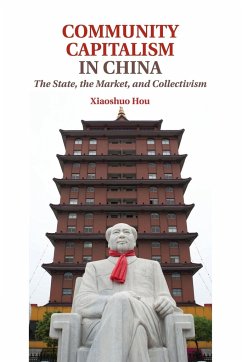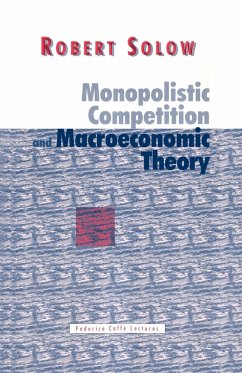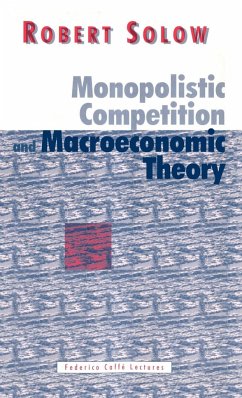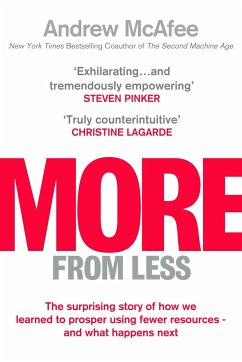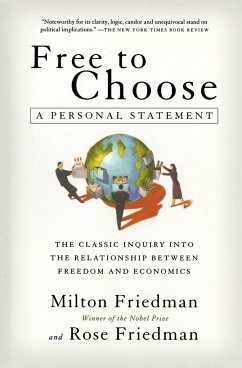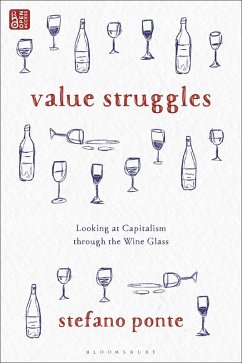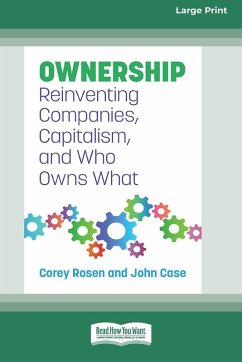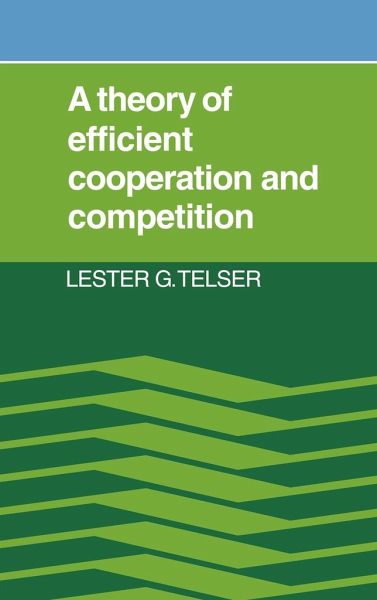
A Theory of Efficient Cooperation and Competition

PAYBACK Punkte
56 °P sammeln!
This 1987 book looks at competition, attacking the notion that competition always leads to good results and that more competition is better. It also attacks the notion that cooperation is always harmful. An efficient economic equilibrium requires an optimal combination of both cooperation and rivalry. Telser first examines the genesis of certain late nineteenth-century laws that affected competition in the United States. Going on to give theoretical insights into cooperation and rivalry, he shows when unrestricted competition can lead to an efficient equilibrium, as well as when restrictions o...
This 1987 book looks at competition, attacking the notion that competition always leads to good results and that more competition is better. It also attacks the notion that cooperation is always harmful. An efficient economic equilibrium requires an optimal combination of both cooperation and rivalry. Telser first examines the genesis of certain late nineteenth-century laws that affected competition in the United States. Going on to give theoretical insights into cooperation and rivalry, he shows when unrestricted competition can lead to an efficient equilibrium, as well as when restrictions on competition can provide for the same. The tensions between these two forces are especially pertinent to the study of innovation - the more costly it is to protect the property rights of ideas, the greater is the reliance on secrecy, and hence, the more likely is the wasteful duplication of results.





